How does the money raised at An Evening of Hope support those battling cancer?
Money raised from An Evening of Hope helps fund programs, such as Road to Recovery, and services, like www.cancer.org, 1-800-227-2345, Hope Lodge, and free wigs and gives hope to those diagnosed with cancer and provide a level of support for their caregivers.
The money raised at An Evening of Hope also helps to fund cancer research. The American Cancer Society is second only to the Federal Government in the funding of cancer research — funding researchers who do not qualify for federal funding but who show promise in their area of research. Since the start of the organization, the American Cancer Society has funded 50 Nobel Prize winning researchers.
Hope LodgeThe American Cancer Society Hope Lodge program provides a free home away from home for cancer patients and their caregivers. More than just a roof over their heads, it's a nurturing community that helps patients access the care they need. Each Hope Lodge community offers a supportive, homelike environment where guests can share a meal, join in the evening's activities, or unwind in their own private room. Patients staying at a Hope Lodge must be in active cancer treatment, and permanently reside more than 40 miles or one hour away from their cancer treatment center. Each patient must be accompanied by a caregiver. The American Cancer Society Hope Lodge in Baltimore, which opened in 1987, offers 26 guest rooms located near treatment centers in the area.
Road to Recovery
Every day thousands of cancer patients need a ride to treatment, but some may not have a way to get there. The American Cancer Society Road To Recovery program provides transportation to and from treatment for people with cancer who do not have a ride or are unable to drive themselves.
How does the program work?
- Depending on your individual needs and what’s available in your area, we will:
- Coordinate a ride with an American Cancer Society volunteer driver
- Coordinate a ride with a local organization that has partnered with us to provide transportation
- Refer you to a local resource you can contact for help
Every day thousands of cancer patients need a ride to treatment, but some may not have a way to get there. The American Cancer Society Road To Recovery program provides transportation to and from treatment for people with cancer who do not have a ride or are unable to drive themselves.
How does the program work?
- Depending on your individual needs and what’s available in your area, we will:
- Coordinate a ride with an American Cancer Society volunteer driver
- Coordinate a ride with a local organization that has partnered with us to provide transportation
- Refer you to a local resource you can contact for help
24/7 Support and InformationThe American Cancer Society website and
1-800-227-2345 offer access to the most recent and accurate cancer information and helps find programs and services in your area. A few pages of note are:
- cancer.org/survivors – a hub for support and treatment topics, treatment and survivorship tools, and stories of hope to inspire you.
- cancer.org/treatmentdecisions – cancer treatment decision tools and resources to help you get through cancer diagnosis and treatment.
- cancer.org/support – more information about the American Cancer Society and other programs and services in your area.
- cancer.org/languages – links non-English speakers to cancer information in other commonly spoken languages.
The American Cancer Society website and
1-800-227-2345 offer access to the most recent and accurate cancer information and helps find programs and services in your area. A few pages of note are:
- cancer.org/survivors – a hub for support and treatment topics, treatment and survivorship tools, and stories of hope to inspire you.
- cancer.org/treatmentdecisions – cancer treatment decision tools and resources to help you get through cancer diagnosis and treatment.
- cancer.org/support – more information about the American Cancer Society and other programs and services in your area.
- cancer.org/languages – links non-English speakers to cancer information in other commonly spoken languages.

